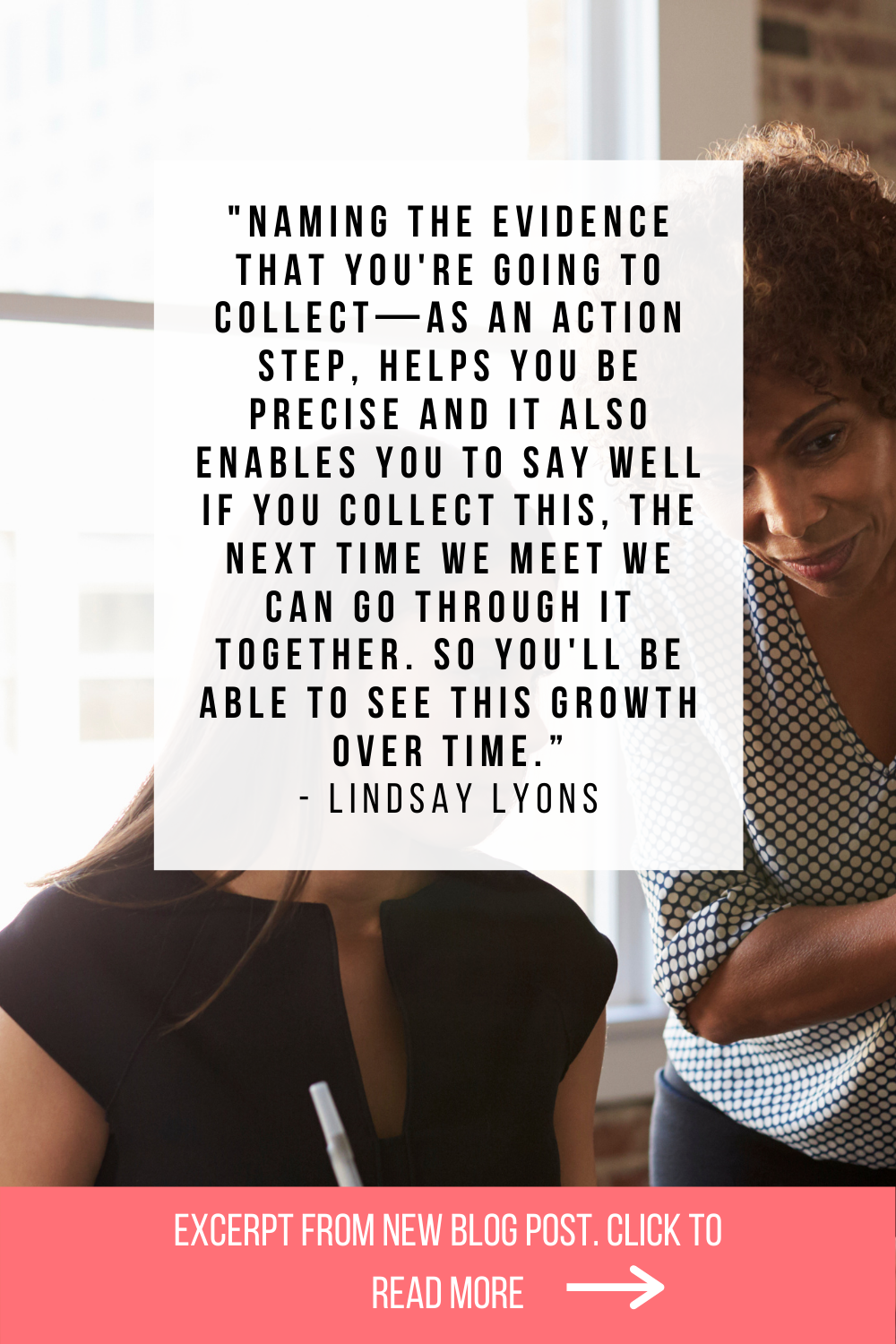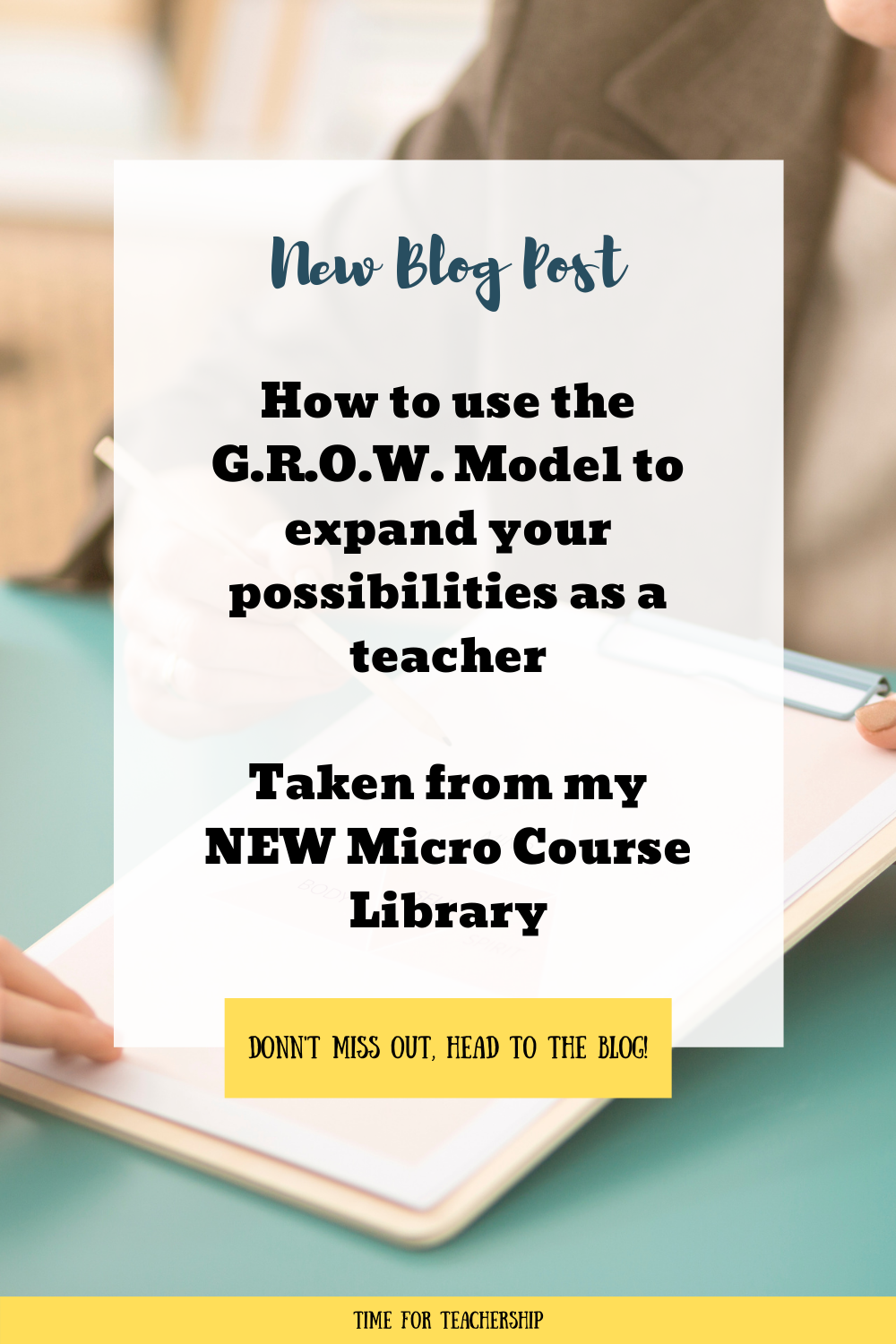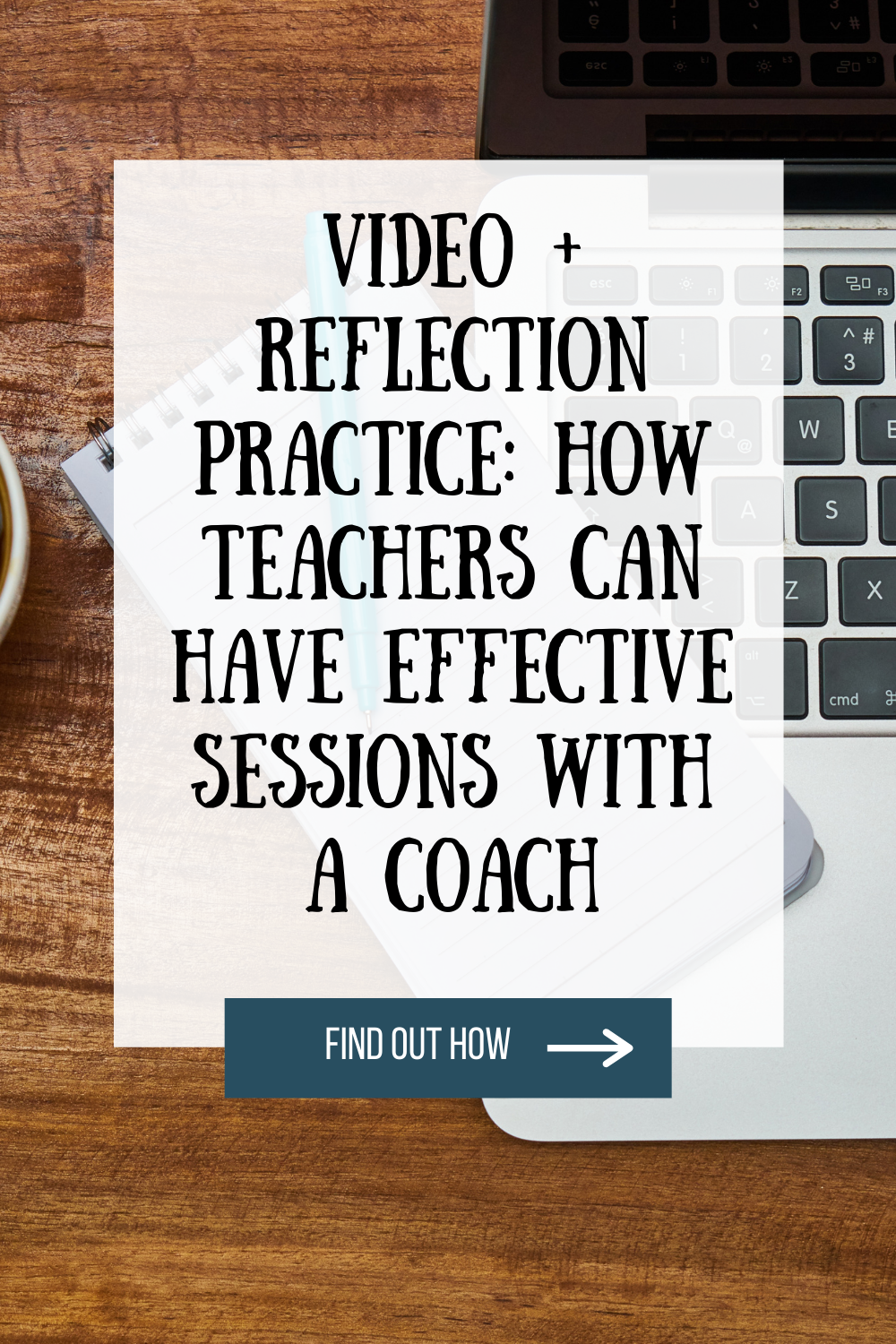|
Listen to the episode using the above player or by clicking the link to your preferred podcast platform below:
Today, we’re examining the GROW Model lesson from my new micro course library. The library is filled with short but impactful video lessons that you can use as personalized PD for yourself and your teachers! Breaking Down the G.R.O.W. Model The GROW Model stands for goal, reality, options, and what you’ll do next. This model is used to structure effective instructional coaching conversations. There are four stages of this model. The first is to determine what the teacher’s idea of success is for their classroom. What would they like to be able to do or achieve after the coaching session? How does embodying this goal feel to students? Knowing this goal allows us to keep on the right track and ensures that we’re centered in the teacher’s vision. You can enhance this first stage with using a rubric and making the goals S.M.A.R.T.I.E. (Specific, Measurable, Attainable, Relevant, Time-Bound, Inclusive, and Equitable). “We [might] say the end goal is for students to be able to write these narratives and we have the teacher describe what that all will look like, sound like, feel like for students.” Reality phase The next phase is Reality. In this part I ask the teacher to think about a range of things such as: What’s going on in your class right now? What have you been working on? What are the challenges you’re facing? These give you, as the coach, an idea of what the teacher's current reality is and what kind of things the students are experiencing in the class. It’s important to establish this because we can’t make or measure progress without first marking where we start. Options Phase Then we move on to what our options are when moving forward. Here you want to open up to any ideas on how to work through these roadblocks that have been identified. Don’t limit the possibilities! Encourage teachers to share anything that they've always wanted to try. Of course, if teachers are struggling to come up with anything, that’s okay too. When this happens, I like to suggest coaches create an online document where you can store new strategy ideas anytime you come across one in your day. When you think of all the podcasts you listen to, all the meetings, things we’ve seen others try, recent PD, etc. there are lots of places to collect new teaching strategies. “If, in the moment, you take a glance at your doc and you don’t have anything, I think it’s really important to identify a website or resource hub of some sort, that you can go to during a coaching call so that you can bring it up on the laptop together and just browse through what’s available.” After you’ve gone through the options together and listed them out, you can decide which one you want to try for now. Lastly, what’s next? Now it’s time to take action. Come up with one to three next steps that you will work on before the next coaching session. I find it to be super important to assess where we’re at during each new session. For example, I’ll say things like “Last time we met, you said, in the W phase, you were going to do this next. Did we achieve that goal? Can we move on to a new goal or do we have to revisit that goal?” Now that you’ve learned all about the GROW model, I want you to create a coaching log that you will share with your teachers while coaching. This could be a single Google doc with a table that’s split into four sections for each stage of the model. Make sure to include key questions that the teacher is going to answer. I hope you were inspired by this behind the scenes look at one of my micro course library trainings. If you want to start learning all the best strategies that’ll help you feel more confident, increase equity, and save you time, then click HERE to see what you’ll unlock in my Micro Course Library. To continue the conversation, you can head over to our Time for Teachership Facebook group and join our community of educational visionaries. Until next time leaders, continue to think big, act brave, and be your best self.
0 Comments
Leave a Reply. |
Details
For transcripts of episodes (and the option to search for terms in transcripts), click here!
Time for Teachership is now a proud member of the...AuthorLindsay Lyons (she/her) is an educational justice coach who works with teachers and school leaders to inspire educational innovation for racial and gender justice, design curricula grounded in student voice, and build capacity for shared leadership. Lindsay taught in NYC public schools, holds a PhD in Leadership and Change, and is the founder of the educational blog and podcast, Time for Teachership. Archives
May 2024
Categories |




 RSS Feed
RSS Feed